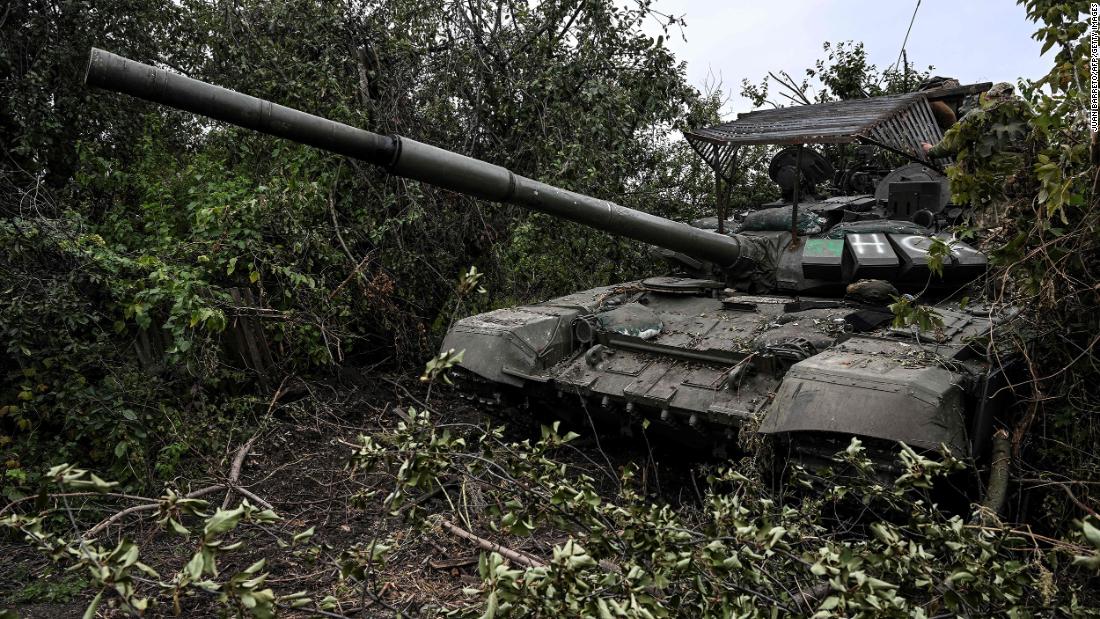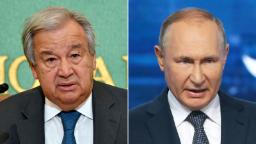

The Association of Tour Operators in Russia (ATOR) says it is feeling the impact of the European Commission’s stricter visa processing conditions for Russian citizens, as nine European countries now “no longer accept documents from tourists.”
Last Friday, the European Union (EU) made the decision to suspend the visa facilitation agreement with Russia, making it harder for Russians to travel in Europe.
“The visa facilitation agreement with the Russian Federation has been suspended. This means that Russian citizens will receive Schengen visas under the general conditions of the EU Visa Code,” ATOR wrote on their website Tuesday.
ATOR describes itself as the largest association of tour operators in Russia.
According to tour operators, the list of EU countries that have so far issued and continue to accept documents for visas for tourist trips include Italy, Spain, Greece, France, Hungary and Cyprus. Notably, the visas being granted are national visa — not Schengen, which allows a tourist access to other European countries too.
“Latvia, Lithuania, Estonia, Poland, the Czech Republic, Slovakia, Denmark, Belgium and the Netherlands no longer accept documents from tourists,” it claimed.
In response, the European Commission referred CNN to their visa guidelines, which were posted online last Friday. The guidelines outlined how short-stay visa applications lodged by Russian citizens should now be processed.
European Commissioner for Home Affairs Ylva Johansson said last Friday that “being a tourist in the EU is not a fundamental right.”
“Member States are advised to check thoroughly and with a great level of scrutiny visa applications from Russian citizens. Visas should be refused where consulates identify security risks,” she continued.
“The EU will remain open to those who need to be protected, like journalists, dissidents, human rights activists, and people traveling for family reasons,” Johansson said.
According to the guidelines consulates are able to “adapt their procedures” and are allowed to “take up 45 days” on deciding Russian tourist visa applications, as opposed to the “15 days in regular cases.”
“Member States should refrain from issuing multiple-entry visas with long validity, as Russian citizens may not meet the conditions for entering the EU in the long run, given the economic instability, the restrictive measures and political developments in Russia,” the new guidelines add.
At the start of September The Czech Republic, and Latvia already started to take measures to restrict Russian travel, while Estonia banned Russians who already had visas from entering the country.
CNN contacted the foreign affairs ministries of the Netherlands, Lithuania, Poland, Slovakia, Denmark, and Belgium, and they have not responded yet to requests for comment.
